Blog
Documentation and information about growing and preserving soybeans.
Check out our articles and latest news.
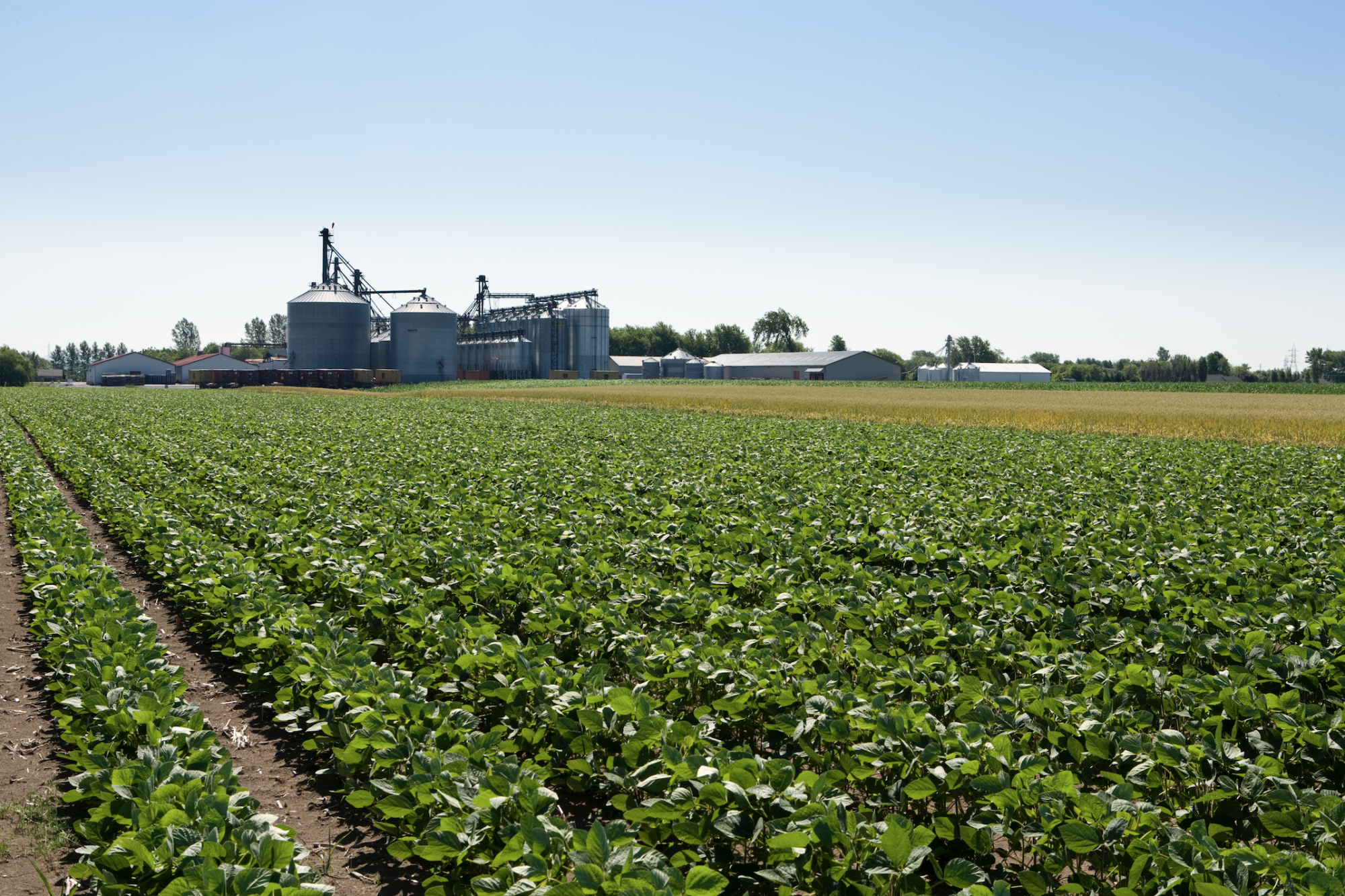
Inspecting and Optimizing Silos
Now that we’ve determined how to adequately aerate and dry soybeans, we must proceed to inspect and optimize silos as the storage begins. Methods and guidelines will vary depending on the season. Here’s a brief overview of the best practices throughout the year. Fall To prepare the soybeans for winter, aerate continuously (regardless of the […]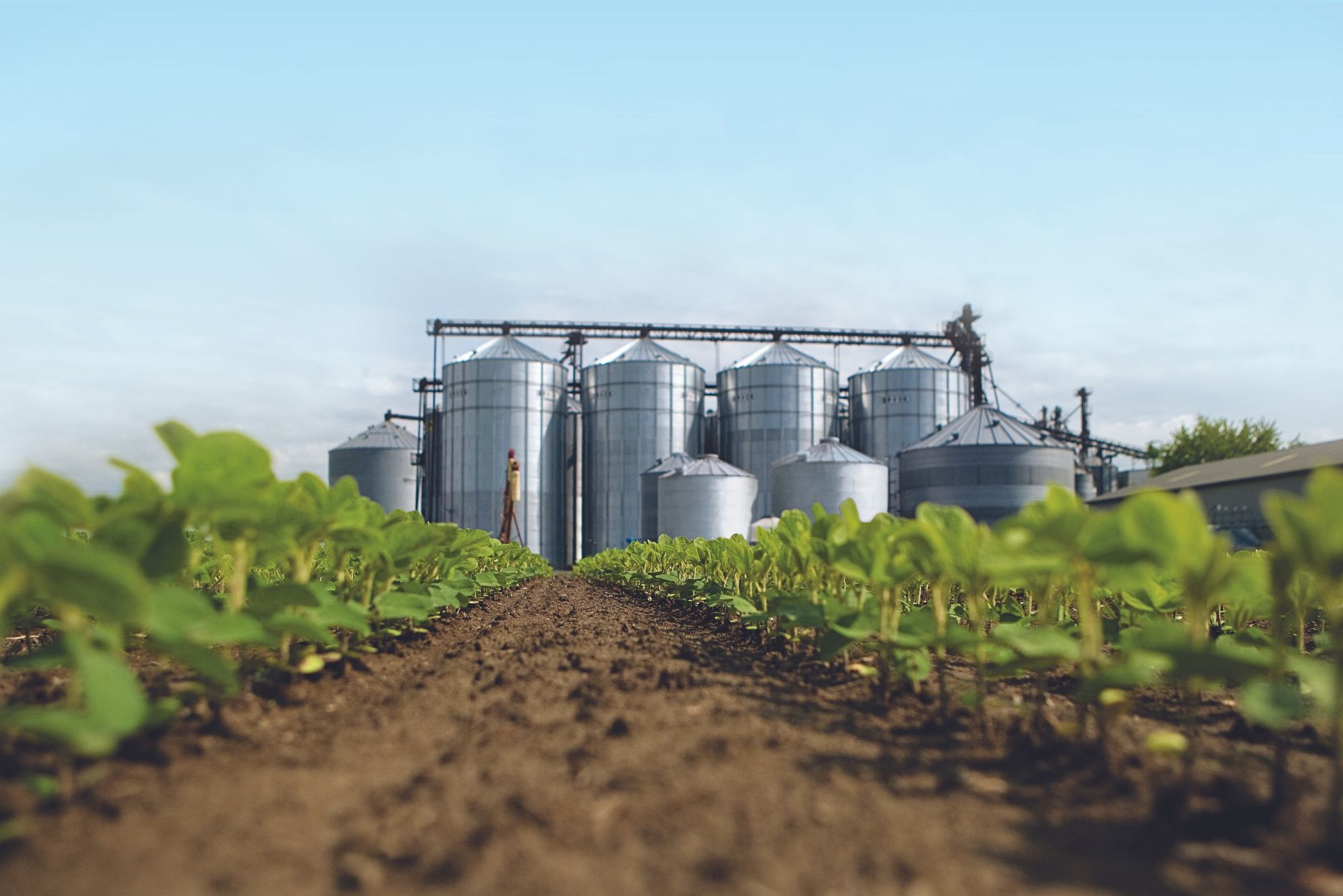
Soybean Aeration and Drying
Soybean quality is highly dependent on how well they were aerated and dried. These factors are critical to safeguarding the processing and germination potential of domestically grown soybeans. Soybeans can be dried either at a low temperature or with ambient air. Let's take a look at both options! Low-temperature drying When soybeans are damp (> […]
Soybean Research in Saskatchewan Pays Off
We want to make a difference in the lives of family farmers across Canada. Here at Prograin, our goal is to provide the best possible soybean genes, carefully researched to be ideal for your specific region and climate. We’ve done extensive research on growing climates in Eastern Canada and have extended our research into the […]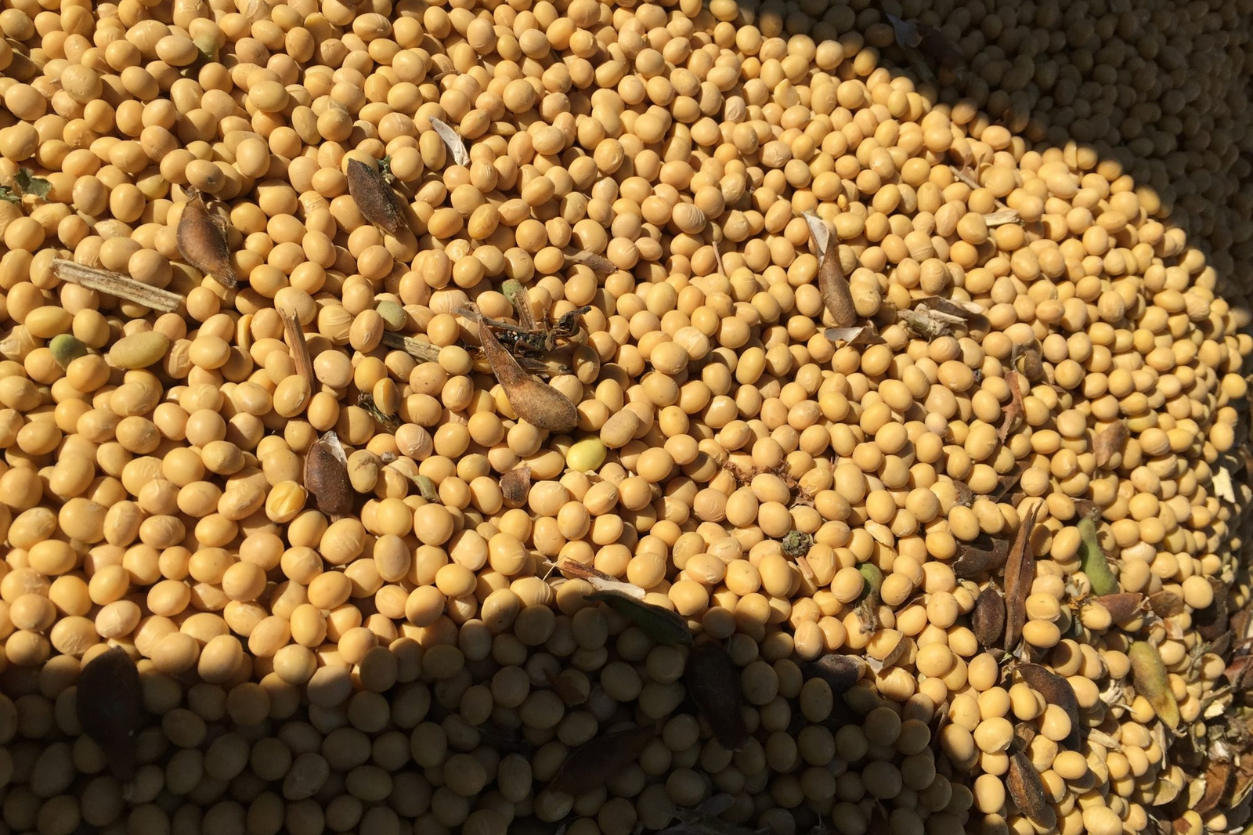
Grain Handling
As you know, soybeans are held to high standards to access certain niche markets. As soybeans are particularly fragile, there are certain basic ways of handling them to ensure they maintain their full potential, regardless of their final destination. Here are our 8 rules to follow: If available, use a conveyor belt to move the […]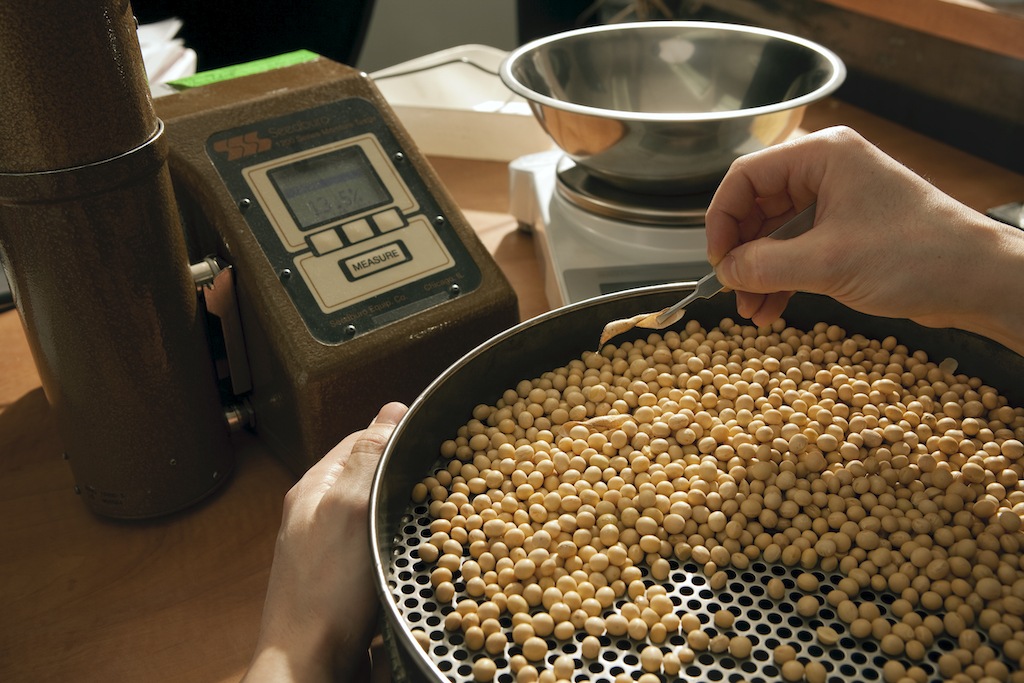
How Soybean Grading Works
The fields are quickly turning yellow, meaning soybean harvest and grading time has arrived. The following summary will help you better understand the soybean grading process. Step 1 – Sampling and separation Once the harvested soybeans are loaded for transport, the carrier must first stop in the receiving area at Prograin’s storage facility (or any other […]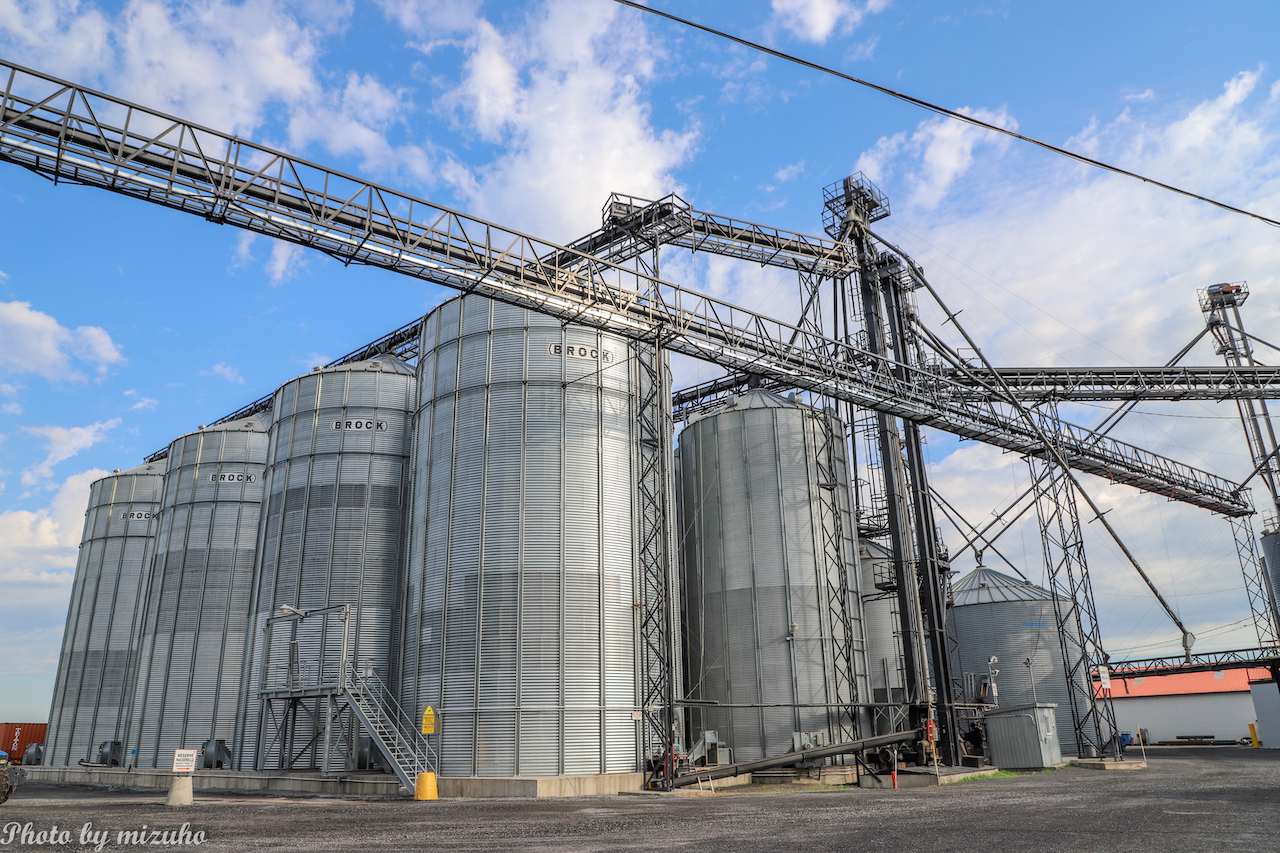
Before the Soybean Harvest : Inspecting and Preparing Silos
The soybean harvest is only a few weeks away! Depending on the oncoming temperature, soybeans plants will lose their greenish tinge and turn yellow, meaning that they are mature. Let’s hope for more warm weather! Until then, it is time to inspect and prepare the silos for storage. We are sharing with you how to […]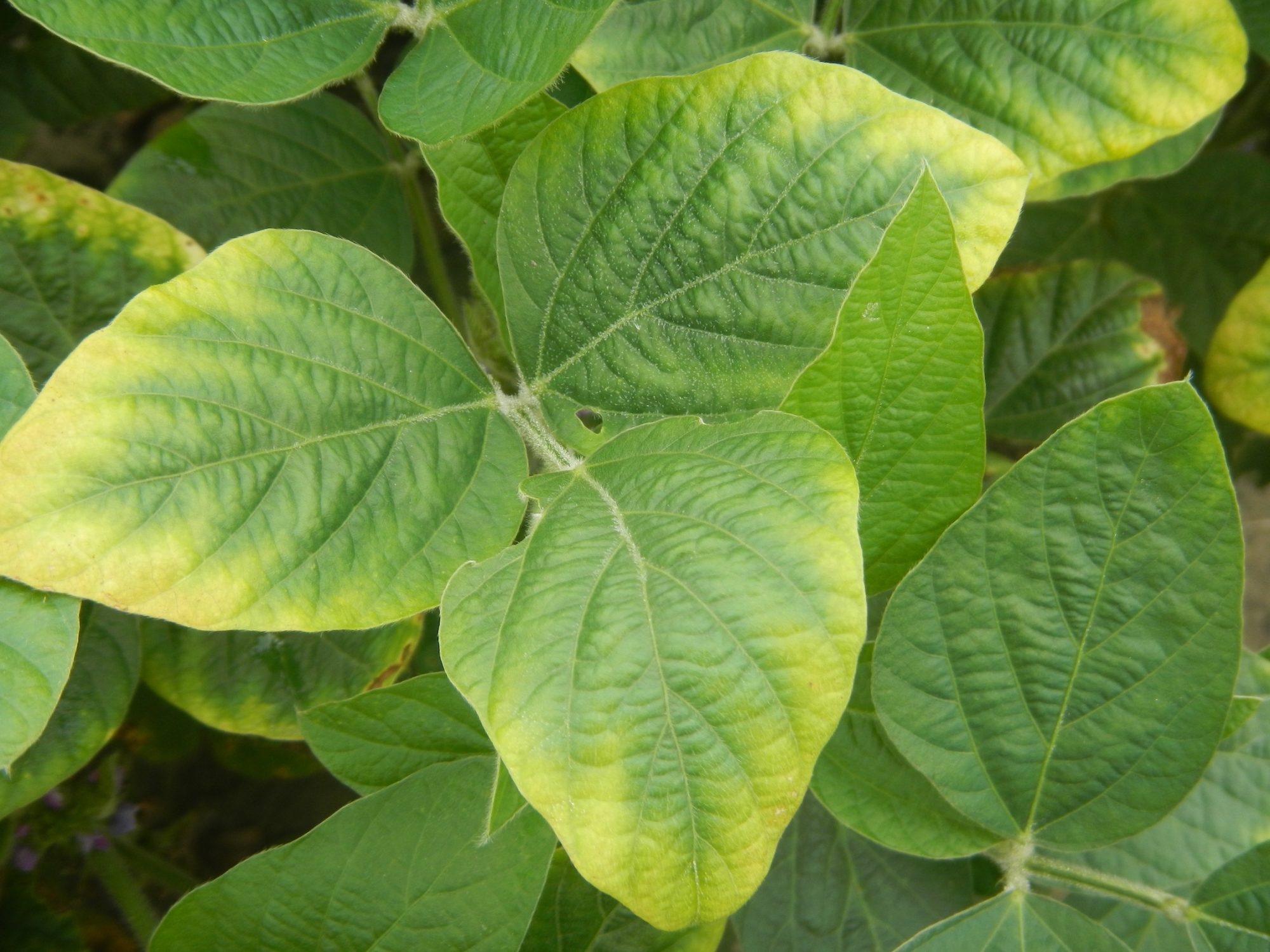
Nutrient Deficiencies in Soybeans
It’s mid-season and maybe you’ve noticed some yellowing leaves in your soybean fields. Do you know what’s going on? It could be happening for a number of reasons, like a soybean cyst nematode infestation, but it’s usually caused by different nutrient deficiencies. First, remember that when soybean plants reach the beginning seed formation stage, they […]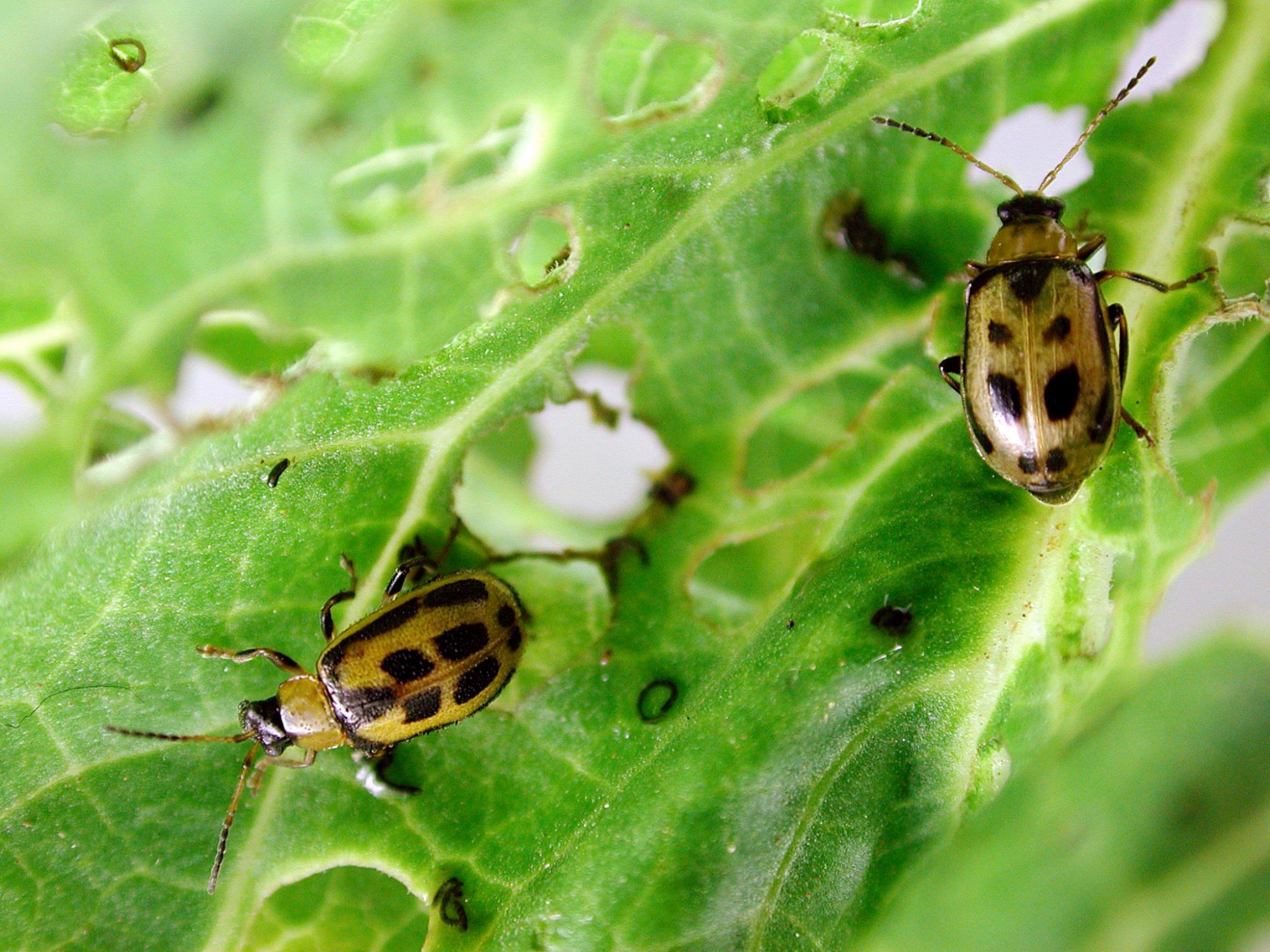
Managing Insects in Soybean Fields
In mid-July, there’s generally an increase in the insect population and it’s time to deal with the pests that ravage your plants’ leaves. With the dry conditions we’ve been experiencing since the beginning of the season, soybean plants that have been suffering through the heat are more susceptible to disease and insects. Plus, insect infestation […]
Fighting Sclerotinia with Fungicides
As flowering begins in soybean fields, it’s time to apply a fungicide proactively to protect the quality of your soybean plants and potential yield. In Québec and Ontario, Sclerotinia (or white mould) is the most common disease among soybean plants, and it also causes the most economic damage. Whether it comes from your machinery, poorly […]
